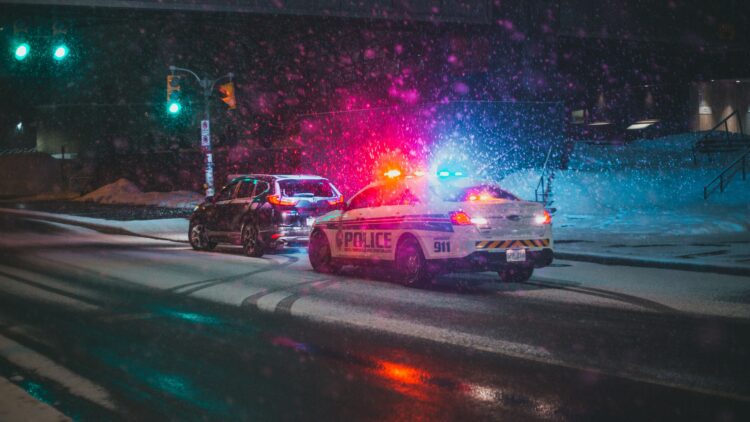If you’ve been a driver for long enough, chances are you’ve been stopped by the police once or twice for speeding. And chances are you’ve been slapped with a pricey traffic ticket to boot.
There are times when it feels like your local PD is out in full force, looking for anyone and everyone they can stop to hand over a fine.
Alm0st like these officers have certain quotas to meet.

In general, police departments don’t (and usually can’t) regulate quotas for things like traffic tickets or arrests. Nor are they supposed to be the basis for performance evaluation.
But the truth is, those “quotas” still persist in a lot of jurisdictions.

In fact, in several states, while police departments are legally required to keep quotas out of the force, they do so anyway , generally in roundabout ways.
Virginia is finally taking action on these quotas within the state.

Earlier this month, Governor Glenn Youngkin signed Senate Bill 327 , which prohibits using criteria such as arrest numbers or traffic tickets to be the basis of evaluation for police officers.
The use of quotas, whether proper or not, has been an issue in Virginia.

The Washington Post writes that memos from different county police departments around the state have revealed that failure to meet certain quotas can result in disciplinary action.
One memo from the Alexandria PD claimed it was “not a quota.”

However, the memo also stated that officers were expected to meet a minimum of eight traffic stops in a 10 hour shift. Failure to do so would result in an officer being “placed under a Performance Improvement Plan.”
Another memo was written by a Virginia State Police supervisor from the Williamsburg area.

This memo referred to its quotas as “average benchmarks,” and recommended that officers averaged a minimum of one ticket every two hours, further saying “you should be writing more if you want to remain on free patrol.”
With this new state bill, these kinds of practices will hopefully be a thing of the past.

“Officers do not like quotas, they don’t like to be pitted against one another and it’s not an effective measure for police performance,” said former officer and Radford professor Dr. Tod Burke.
This should also hopefully help strengthen relations between police and the public within the state.

“I think this bill will permit people to have less suspicion of police officers,” said Dr. Ed Lynch, WSLS Political Analyst . “…suspicion is not conducive to good behavior between police and community.”
However, it’s important to note that police officers will still be expected to make arrests or issue tickets at their discretion.

“That’s not something that should be taken away, the officer needs to utilize their training and experience and taking into account the totality of the circumstance before making a decision,” Roanoke County Police Sergeant Spencer Hoops said.
But in the end, the bill will hopefully represent positive change for both citizens and officers in Virginia.

Quotas present many issues for civilians, and oftentimes further the distrust between the public and police. They shouldn’t be used as a metric for police performance.
What do you think? Let us know in the comments!
h/t: Washington Post

















































